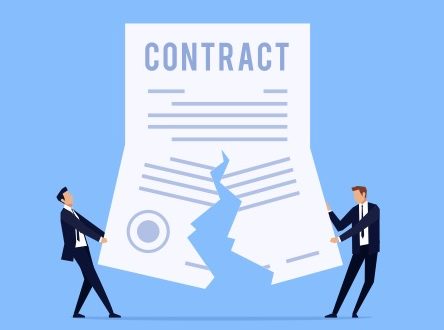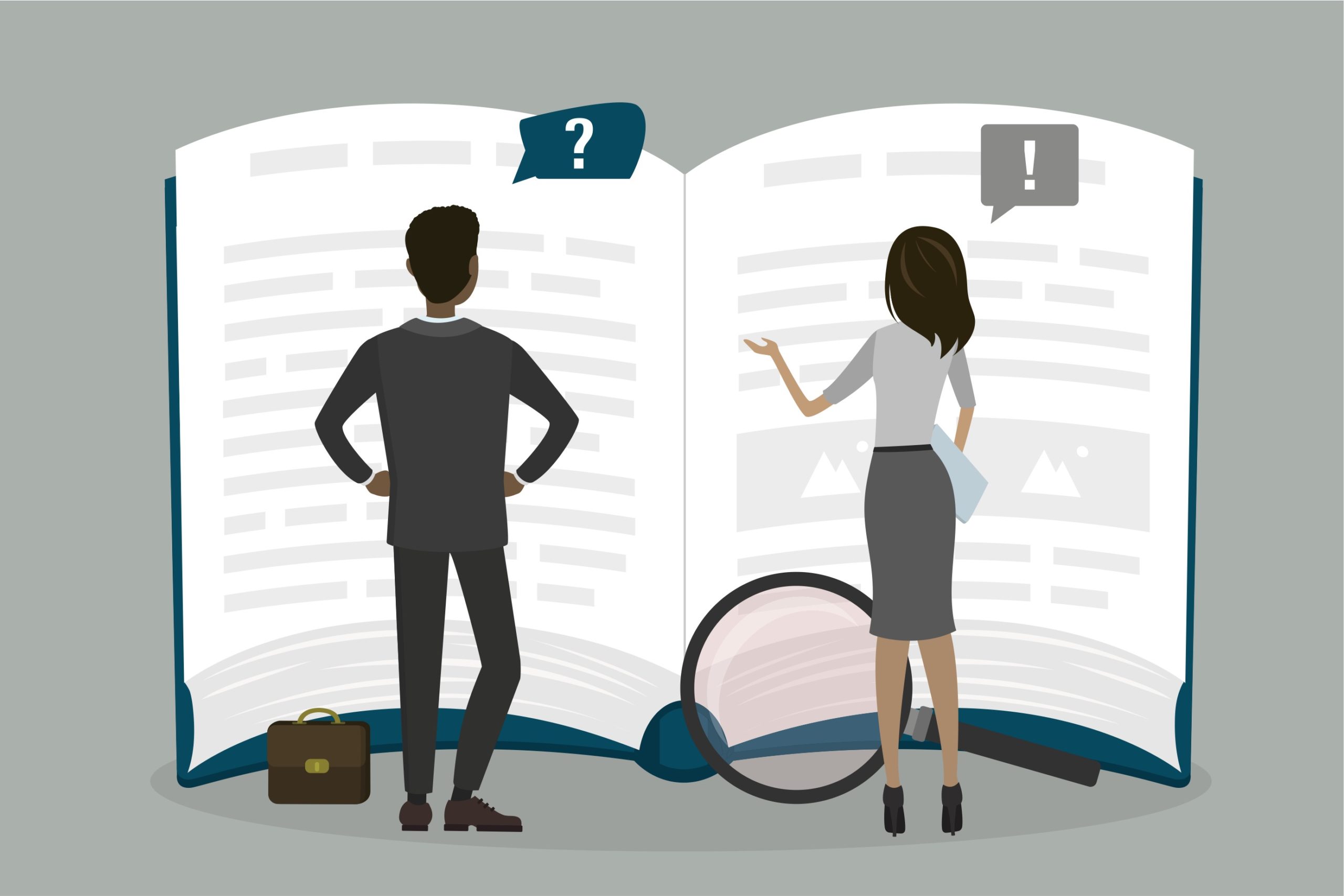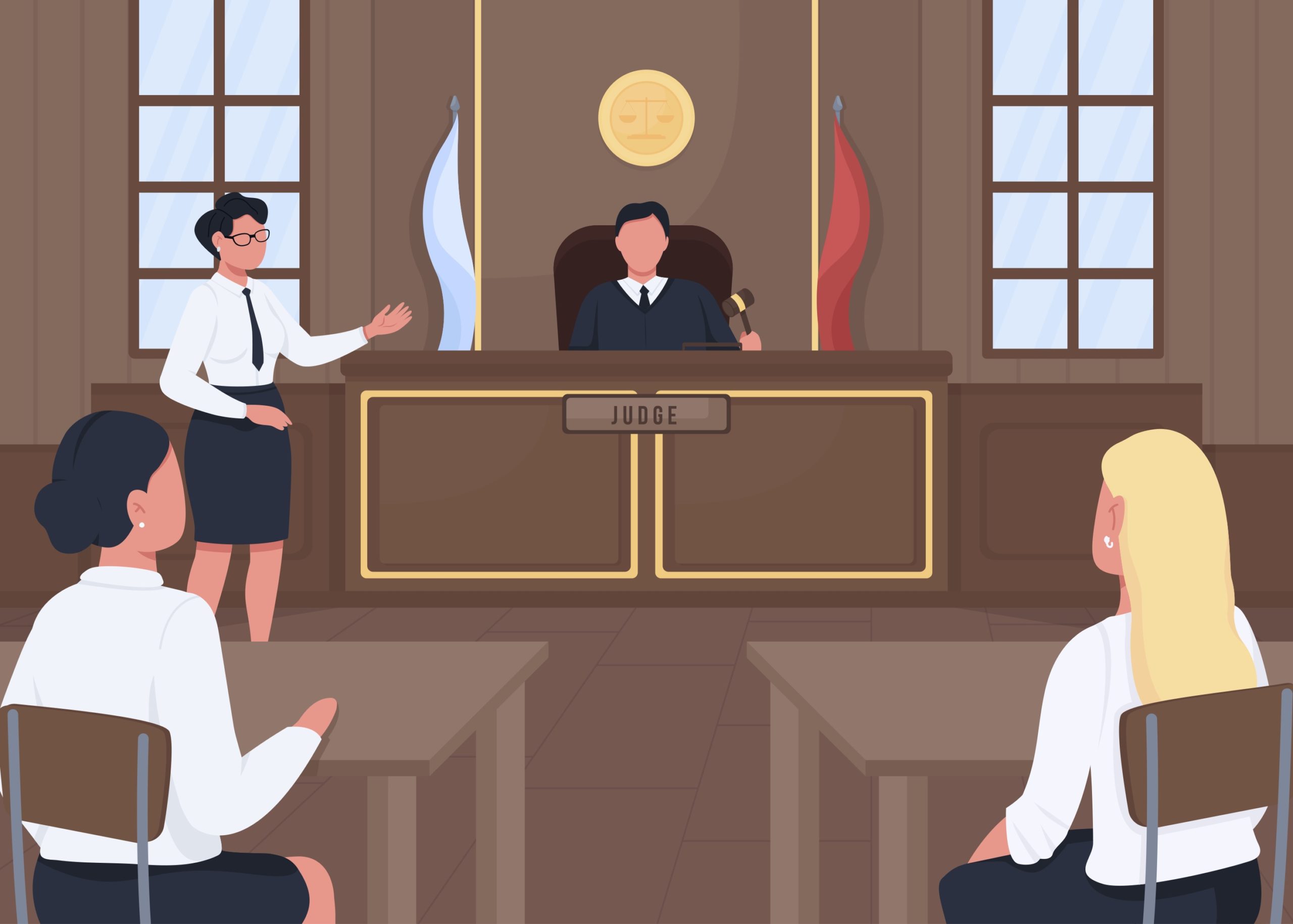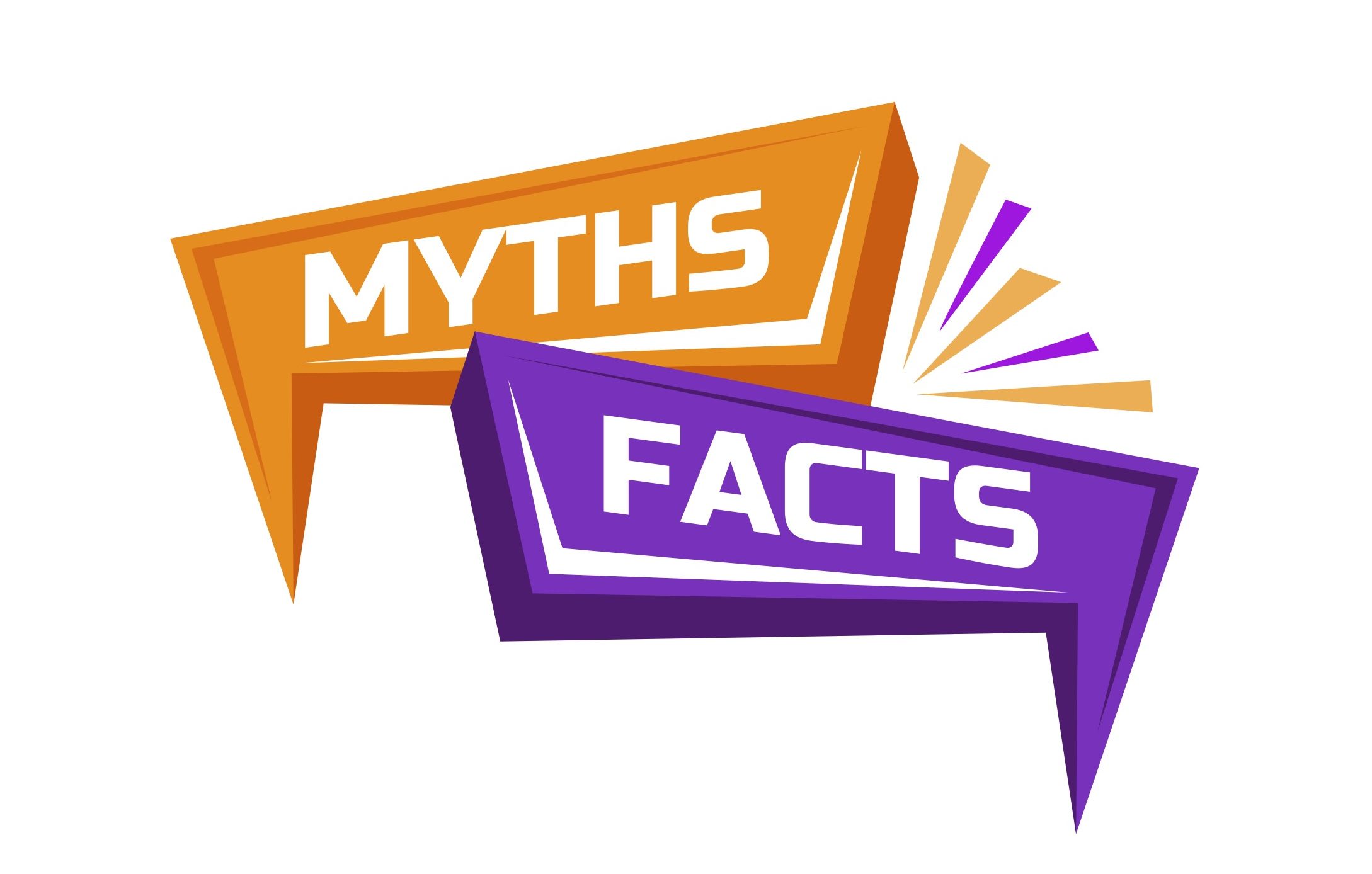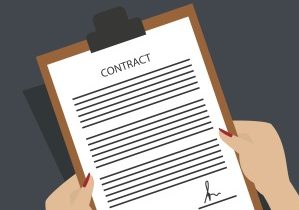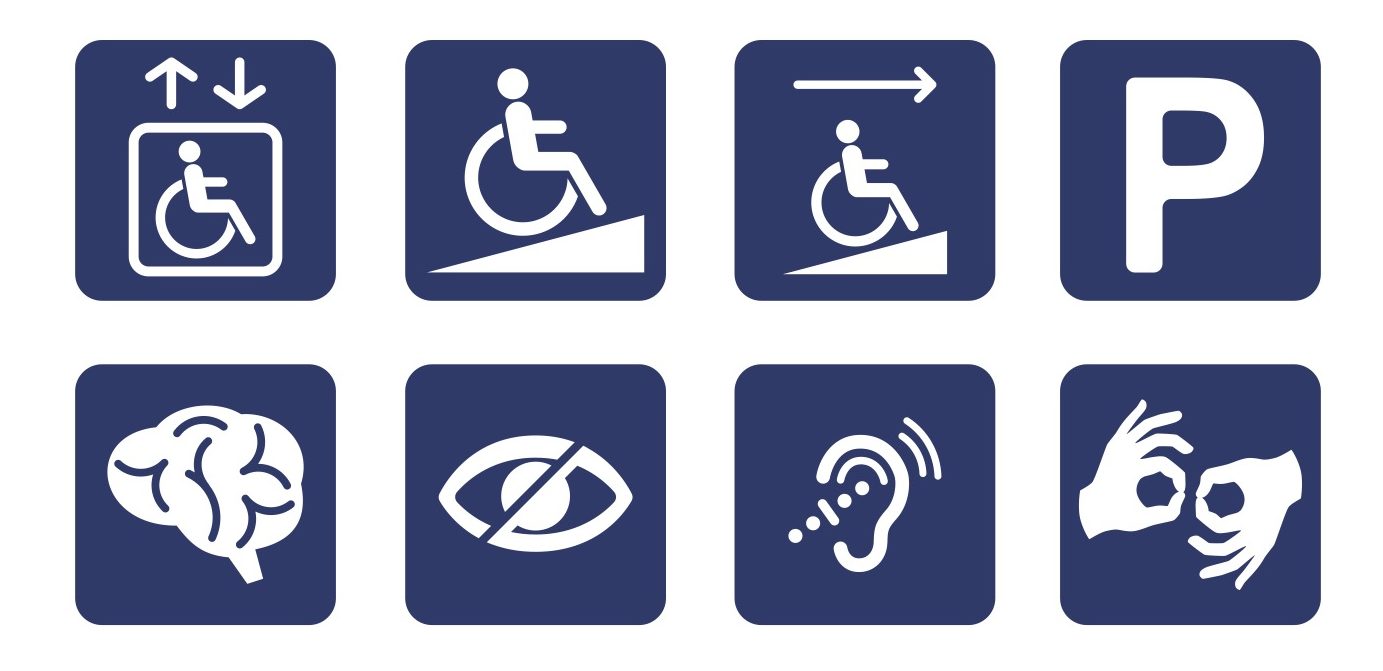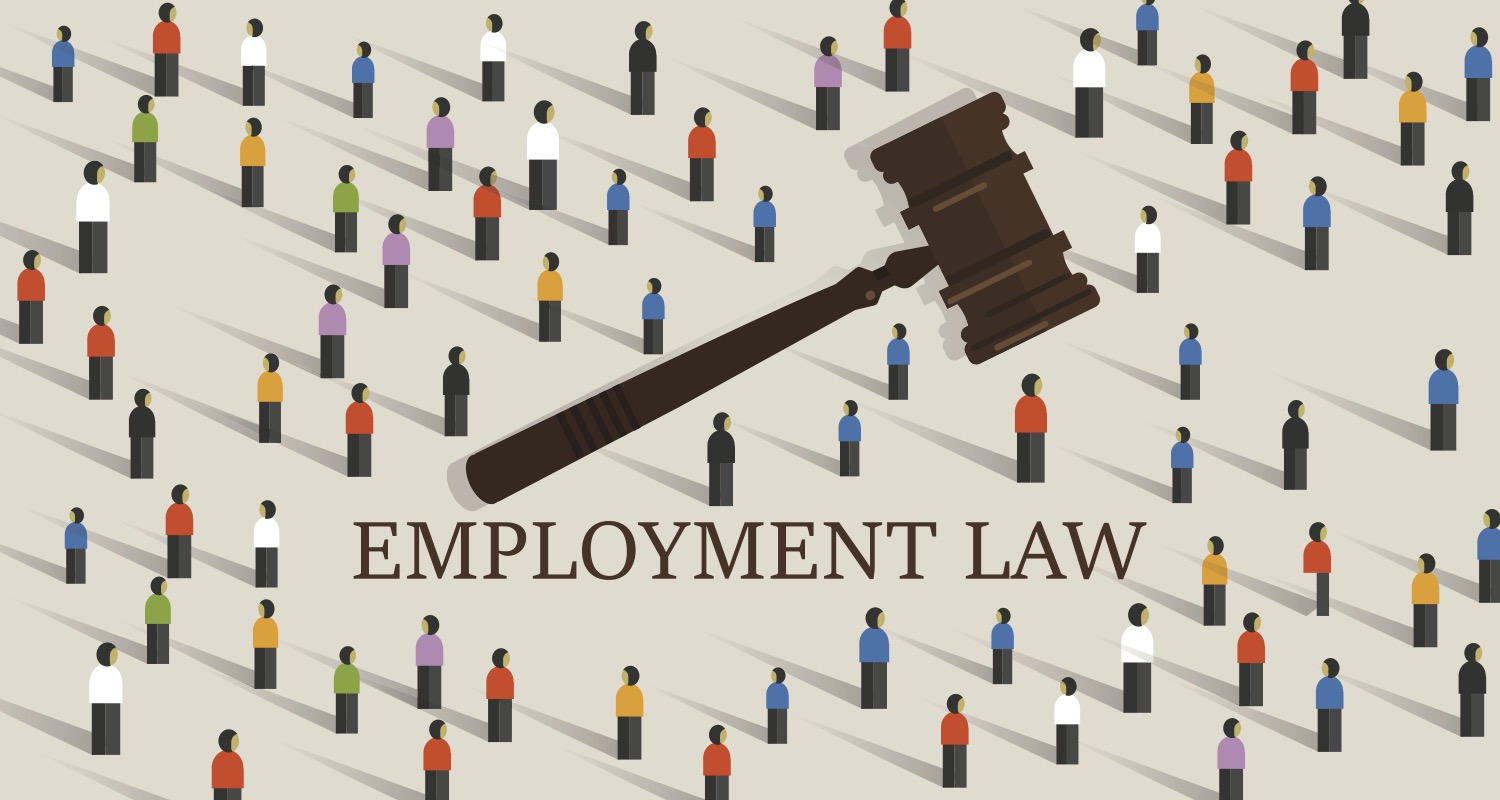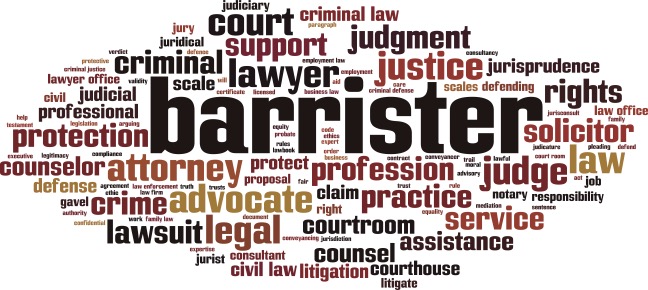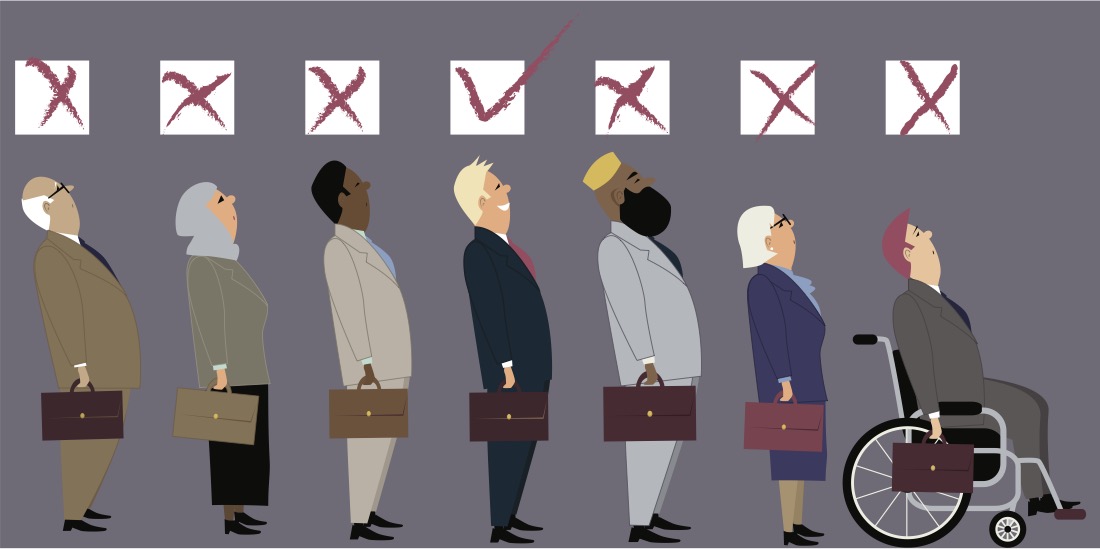What is Reserved Judgment?
After all of the evidence has been heard and each party has completed their closing argument, the Employment Tribunal will give its judgment. Sometimes, usually when the issues are straightforward, this will be given soon after this, the Judge and or Tribunal may retire for an hour or so and will return to the room when the Judge is ready to read out his or her judgment. The parties then listen to the oral judgement which will subsequently be confirmed in writing.
However, in the longer or more complex cases (and sometimes when the Tribunal has run out of time) the judgement will be said to be reserved. When judgment has been reserved at the end of a hearing, a written judgment should be sent to the parties as soon as practicable (this is set out in rule 61(1) of the ET rules).
The rules do not set out a time by which this has to happen. The right to a fair trial under Article 6(1) of the European Convention on Human Rights has been held to include the right to determination of a tribunal “within a reasonable time” (Porter v Magill [2002] 2 AC 357).
In Kwamin v Abbey National and others [2004] IRLR 516 the EAT held that four conjoined cases involving delays of 7½ , 12 and 14½ months had all given rise to unsafe results which should be set aside. The Court of Appeal overturned the EAT’s judgement in respect of the delay of 12 months which means that it was not unsafe and the judgement stood.
Since 9 February 2017 all employment tribunal judgments are entered onto an online database. The database covers decisions from England, Wales and Scotland.. Some decisions pre-dating February 2017 are also available. As decisions are required by law to be uploaded to the database, the database is exempt from the provisions of the UK GDPR. This means that persons named in decisions have no data protection rights in relation to the publication of the judgments.
Clearly, this is something which parties should bear in mind when embarking on litigation – the outcome will be out in the ether for years to come.
If you have questions or need advice it is advisable to get advice from qualified, specialist employment solicitors. Please get in touch with us on 01483 303636 to discuss your situation and see how we can help.



